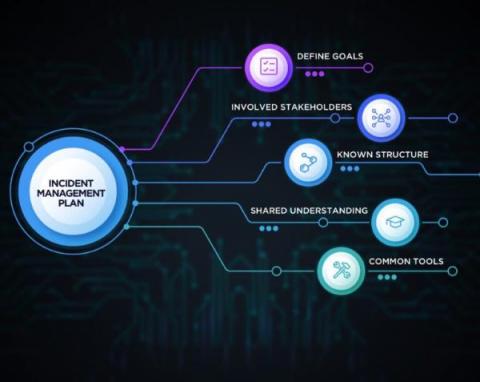Incident Management for Digital Service Providers
Digital service providers (DSP) are valued for their ability to provide access to digital content on demand. A high-quality customer experience and instant access to digital services are the greatest expectations of consumers and vital aspects of successful DSPs. Therefore, it's crucial that incidents, when they occur, don't impact your operations. With a robust incident management strategy, DSPs can provide their teams with tools for automating, coordinating, and quickly resolving issues without-or with minimal-service interruptions.









